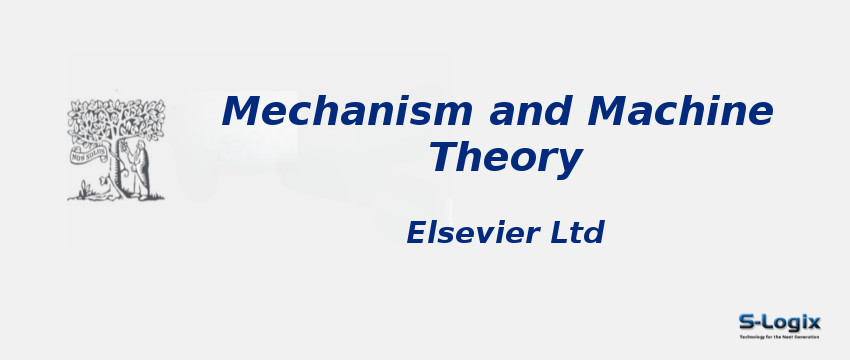Journal Home: Journal Homepage
Editor-in-Chief: P. Flores
Print ISSN: 0094114X
Electronic ISSN: 03741052
Abstracting and Indexing: Scopus, Science Citation Index Expanded
Imapct Factor 2024: 5.3
Subject Area and Category: Chemical Engineering,Bioengineering,Computer Science,Computer Science Applications,Engineering ,Mechanical Engineering,Mechanics of Materials
Publication Frequency:
H Index: 134
Q1: Bioengineering
Q2:
Q3:
Q4:
Cite Score: 11.4
SNIP: 2.358
Journal Rank(SJR): 1.780
Latest Articles: Latest Articles in Mechanism and Machine Theory
Guidelines for Authors: Mechanism and Machine Theory Author Guidelines
Paper Submissions: Paper Submissions in Mechanism and Machine Theory
Publisher: Elsevier Ltd.
Country: United Kingdom
